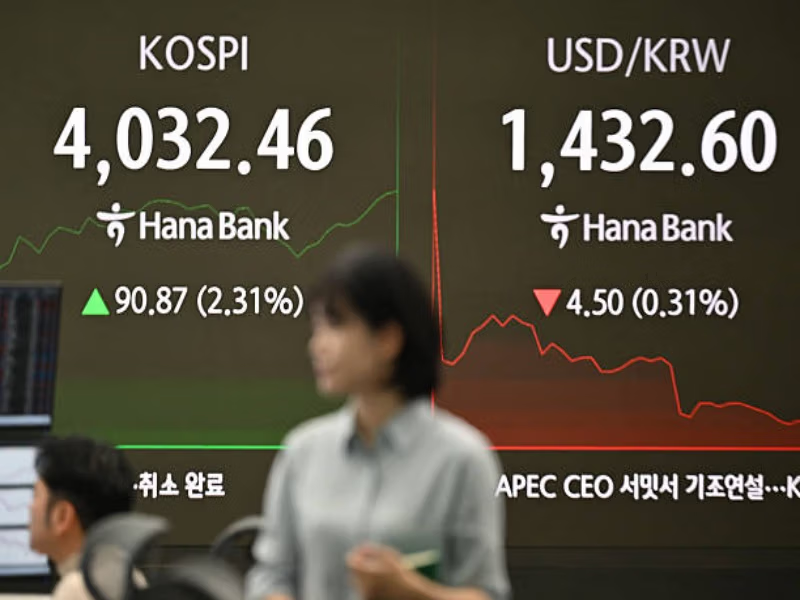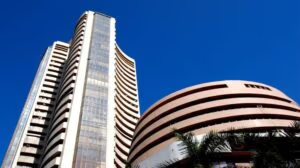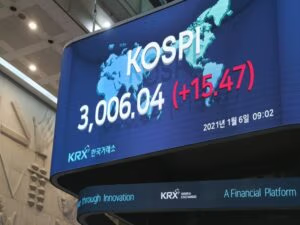Asia-Pacific markets were trading higher on Monday, as artificial intelligence valuation issues prompted market declines throughout the region last week.
Asia-based investors are also interpreting over the weekend the Chinese inflation data that is perceived to have been higher than expected.
According to a poll conducted by Reuters, the headline consumer inflation was also 0.2 percent year-on-year, as compared to economists’ expectations of zero growth.
Wholesale inflation has fallen by a softer-than-anticipated 2.1 percent year-on-year, compared to an anticipated 2.2 percent.
The Kospi of South Korea increased 3.48 percent, with banks and insurance stocks taking the lead, and the small-cap Kosdaq was up 1.29 percent.
The Kospi index heavyweights, such as Samsung Electronics and SK Hynix, recorded returns of approximately 2.6 percent and 5.78 percent, respectively.
Others gaining top were SK Inc, holding company of the second largest chaebol or family-owned conglomerate, SK Group of South Korea, which went up approximately 10 percent.
GS Holdings, an energy, retail, and construction company, and also among the largest chaebols in the country, moved by over 11 percent.
The Nikkei 225 of Japan improved 1.31 percent, with the broad-based Topix up by 0.62 percent. The yields on 10-year government bonds in Japan were raised a notch up to 1.695 percent, the highest since October.
Bank of Japan’s minutes meeting of October indicated that the BOJ appeared to be more willing to move towards a near-term rate hike, asserting that “it is likely that conditions for taking a further step toward the normalization of the policy interest rate have almost been met.”
Therefore, the BOJ stated that there were other considerations to be made, including the necessity to explore the extent to which the “underlying inflation rate has become entrenched.”
The Hang Seng index in Hong Kong also became part of the recovery rally, rising 0.89 percent, but the CSI 300 on mainland China went against the wave and fell 0.24 percent.
Australia’s S&P/ASX 200 gained 0.73 percent. The Nifty 50 of India improved by 0.43 percent, whereas the Sensex index escalated by 0.51 percent.
In the U.S., the Nasdaq Composite declined on Friday stateside, but the Dow Jones Industrial Average and S&P 500 gained ground into positive territory, after September of U.S. Senate Minority Leader Chuck Schumer presented an alternative proposal to Republicans, enabling the historic U.S. government shutdown to come to an end.
A University of Michigan survey released on Friday indicated that consumer sentiment in the country has approached the lowest point in its history.
The report is only a day after firm Challenger, Gray and Christmas announced that the layoff announcements in October were higher than any other month in the past 22 years.






